Another California Chain Shutters Locations Amid Minimum Wage Hike
Rubio’s Coastal Grill is closing 48 locations in California, citing the rising cost of doing business. The closures will affect 13 locations in San Diego, 24 in Los Angeles, and 11 in Northern California.
This trend highlights the difficulties fast-casual restaurants face in the state’s high-cost environment, where balancing labor costs has become increasingly challenging.
Rubio’s Strategic Plan
A spokesperson for Rubio’s said, “The decision to close a store is never an easy one,” but necessary for long-term success. Despite these closures, Rubio’s will continue to operate 86 restaurants in California, Arizona, and Nevada.

Source: Wikimedia
This strategic move aims to streamline operations and ensure the company’s future viability in a competitive market.
Impact of AB 1228
AB 1228, signed into law by Governor Gavin Newsom in September, increased the minimum wage for certain fast food restaurants from $16 to $20 per hour.
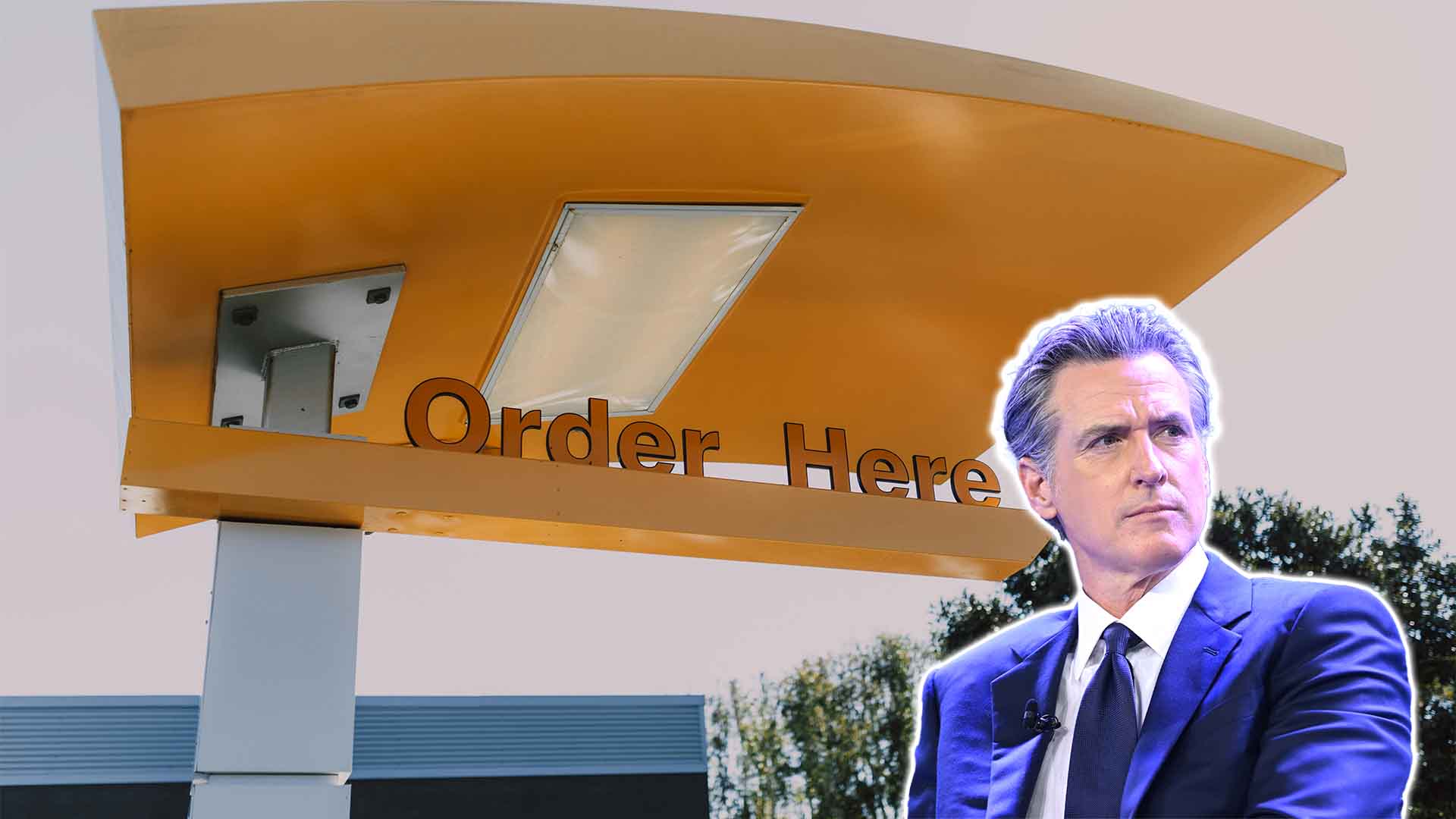
Source: Noam Galai/Getty Images for Clinton Global Initiative; RDNE Stock project/Pexels
The legislation, which took effect on April 1, has led many eateries to cut jobs, raise prices, or close locations to manage the financial impact of higher wages.
Cost of Hiring in California
Marc Joffe, a policy analyst at the Cato Institute, pointed out that the actual cost of hiring a minimum wage employee in California is more than $20 per hour.

Source: Kenny Eliason/Unsplash
Employers also face federal Social Security and Medicare taxes, state Unemployment Insurance, and Employment Training Taxes, which further increase the cost burden on businesses.
Other Affected Chains
Mod Pizza, with 500 locations nationwide, shuttered some of its California locations before the wage hike took effect. Similarly, Fosters Freeze closed its Lemoore location in early April.
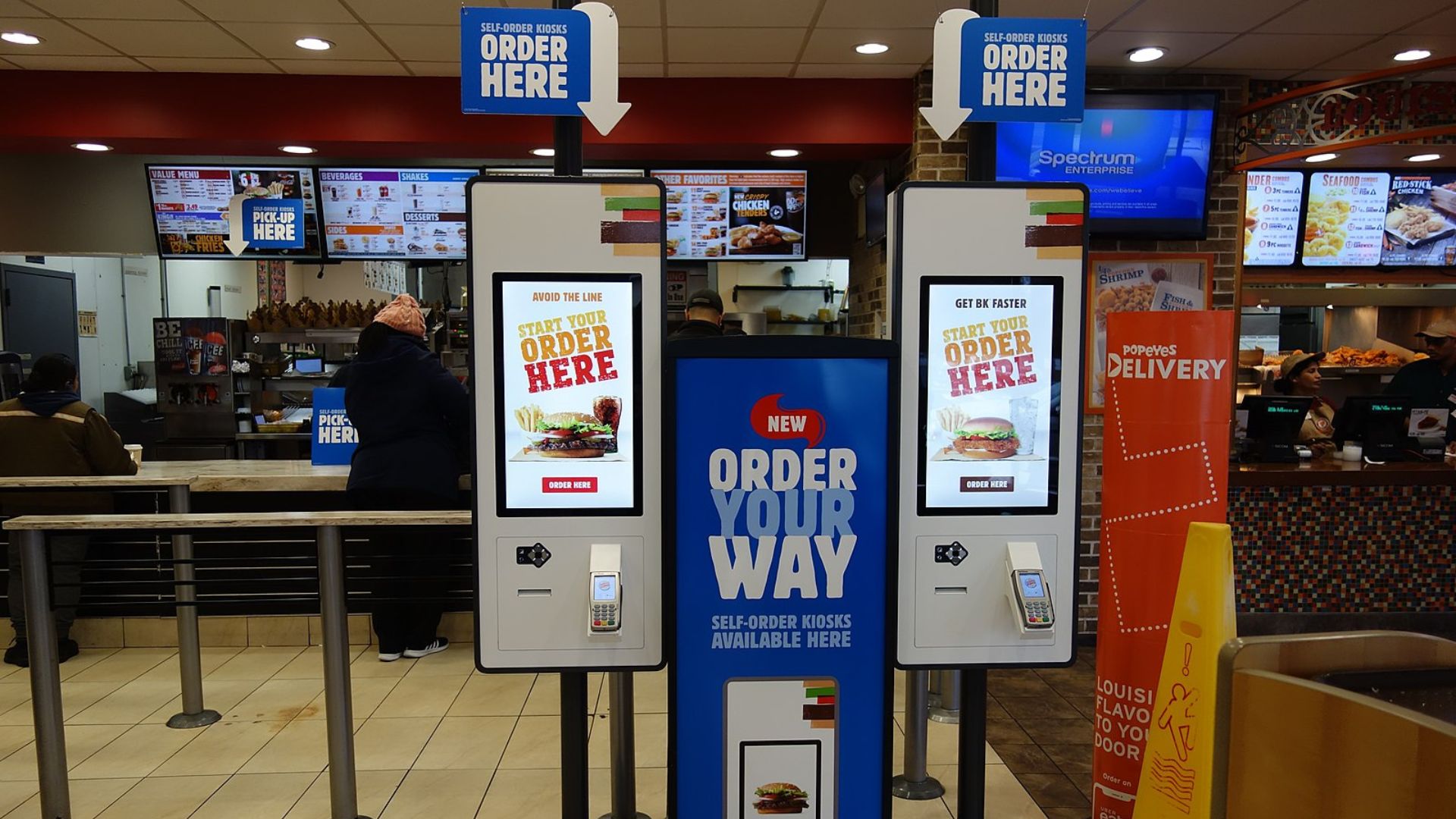
Source: Wikimedia Commons
These closures illustrate the broader impact of increased labor costs on the fast-food industry, prompting many chains to reassess their operations.
Personal Impact Stories
Monica Navarro, a former assistant general manager at Fosters Freeze in Lemoore, found out the restaurant had closed when she arrived for work.

Source: Freepik
Michael Ojeda, a Pizza Hut driver in Ontario, California, lost his job in February after nearly a decade with the company. These stories highlight the personal toll of business closures on employees.
Fast-Food Giants Respond
Major fast-food chains like Chipotle, McDonald’s, Chick-fil-A, Domino’s, Burger King, Pizza Hut, and Jack in the Box have all raised menu prices in response to the minimum wage hike.
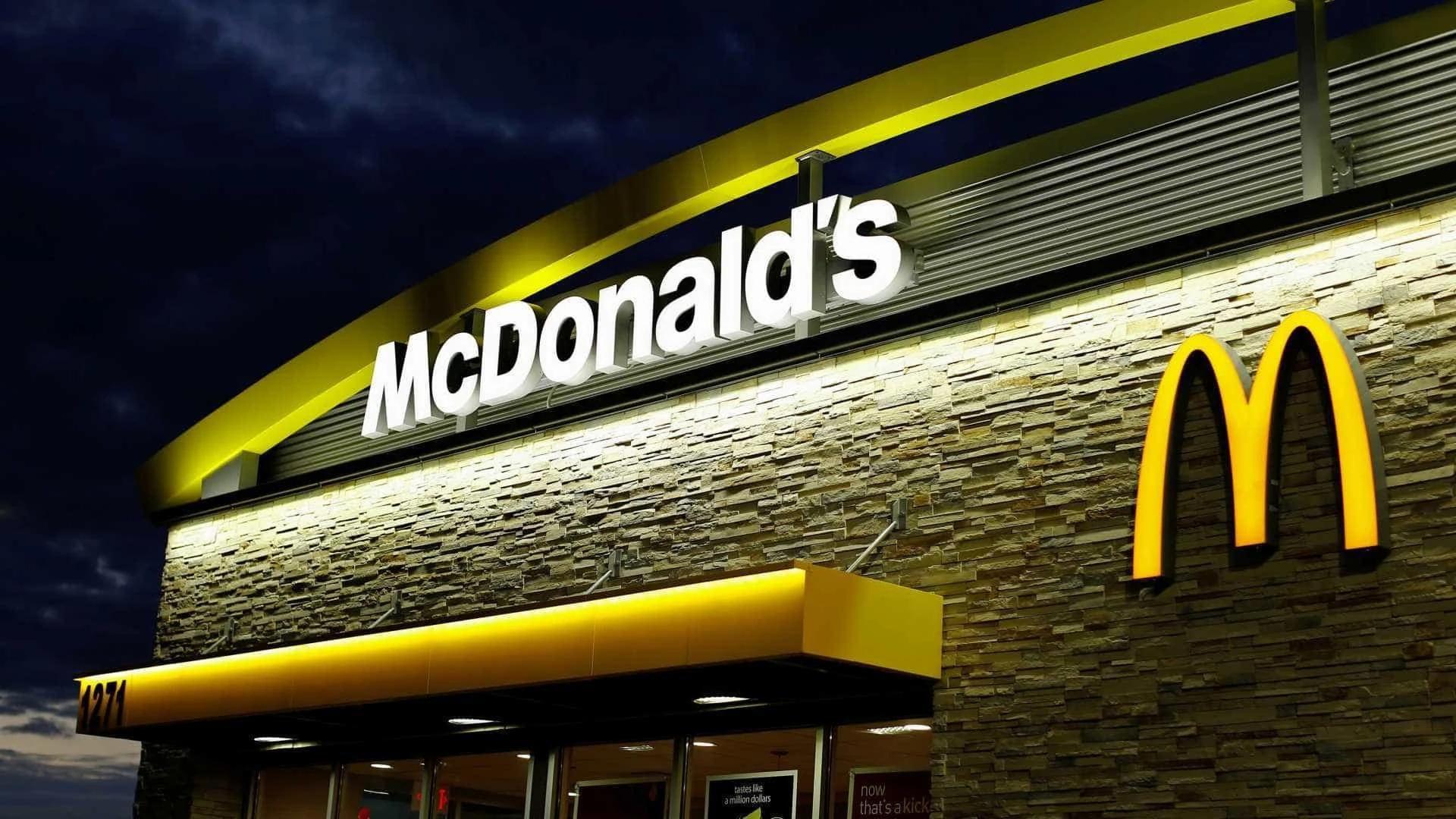
Source: McDonald’s Wiki
This move aims to offset the increased labor costs and maintain profitability, demonstrating the industry’s struggle to adapt to new financial pressures.
California’s Business Environment
Joffe noted that California’s definition of a fast-food restaurant is broad, affecting more than just major chains.
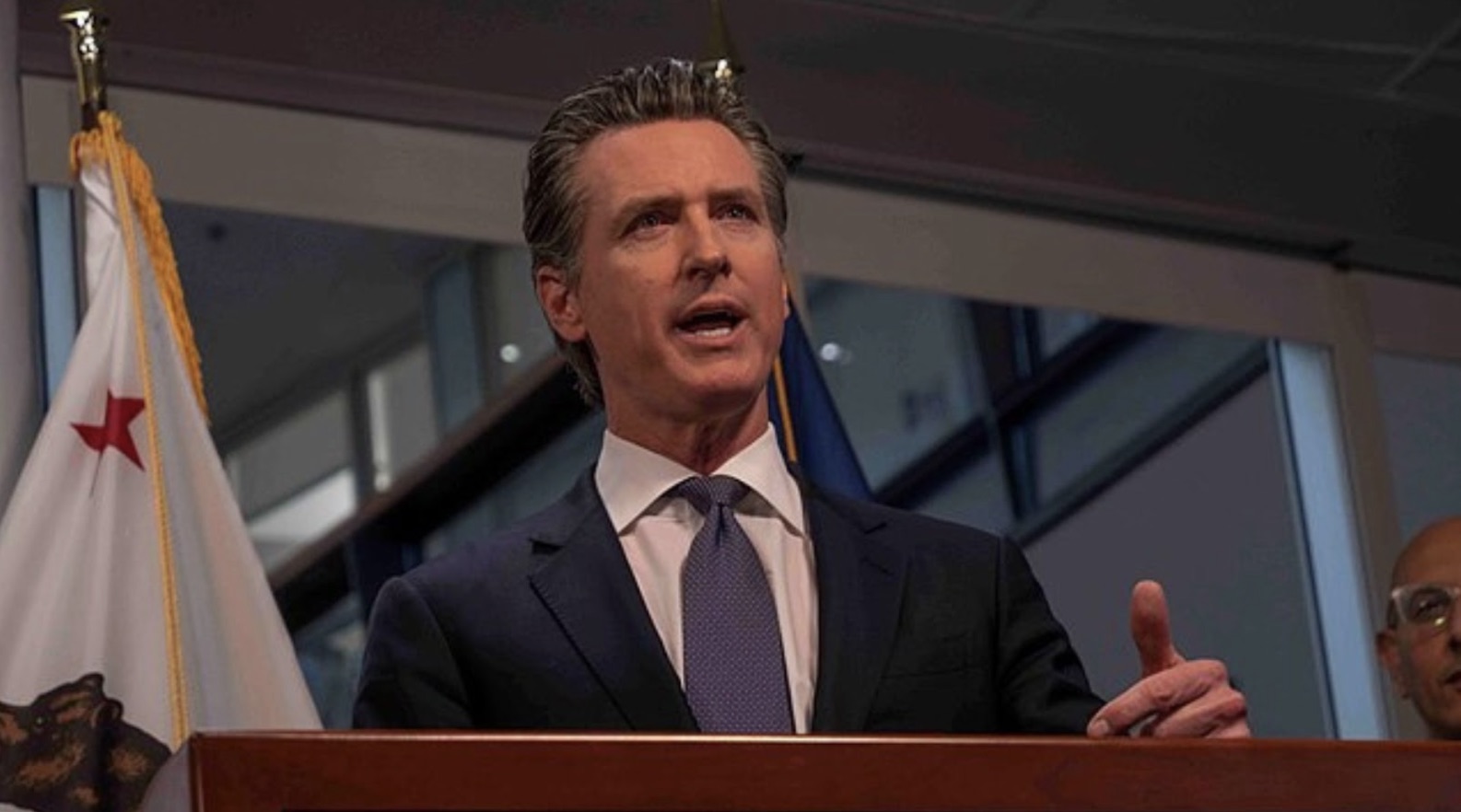
Source: Office of the Governor of California/Wikimedia Commons
This expansive definition increases the financial strain on a wide range of establishments, not just the McDonalds, Wendy’s, and Burger Kings of the world, making it harder for many businesses to stay afloat.
Unemployment Insurance Challenges
California’s unemployment insurance taxes are rising each year to repay a federal loan taken to support the state’s depleted unemployment insurance trust fund.

Source: Karolina Grabowska/Pexels
While most states used COVID emergency funds to repay these loans, California did not, adding to the financial burden on businesses operating in the state.
Long-Term Implications
The closures at Rubio’s and other fast-food chains show the long-term implications of rising labor costs and regulatory challenges.
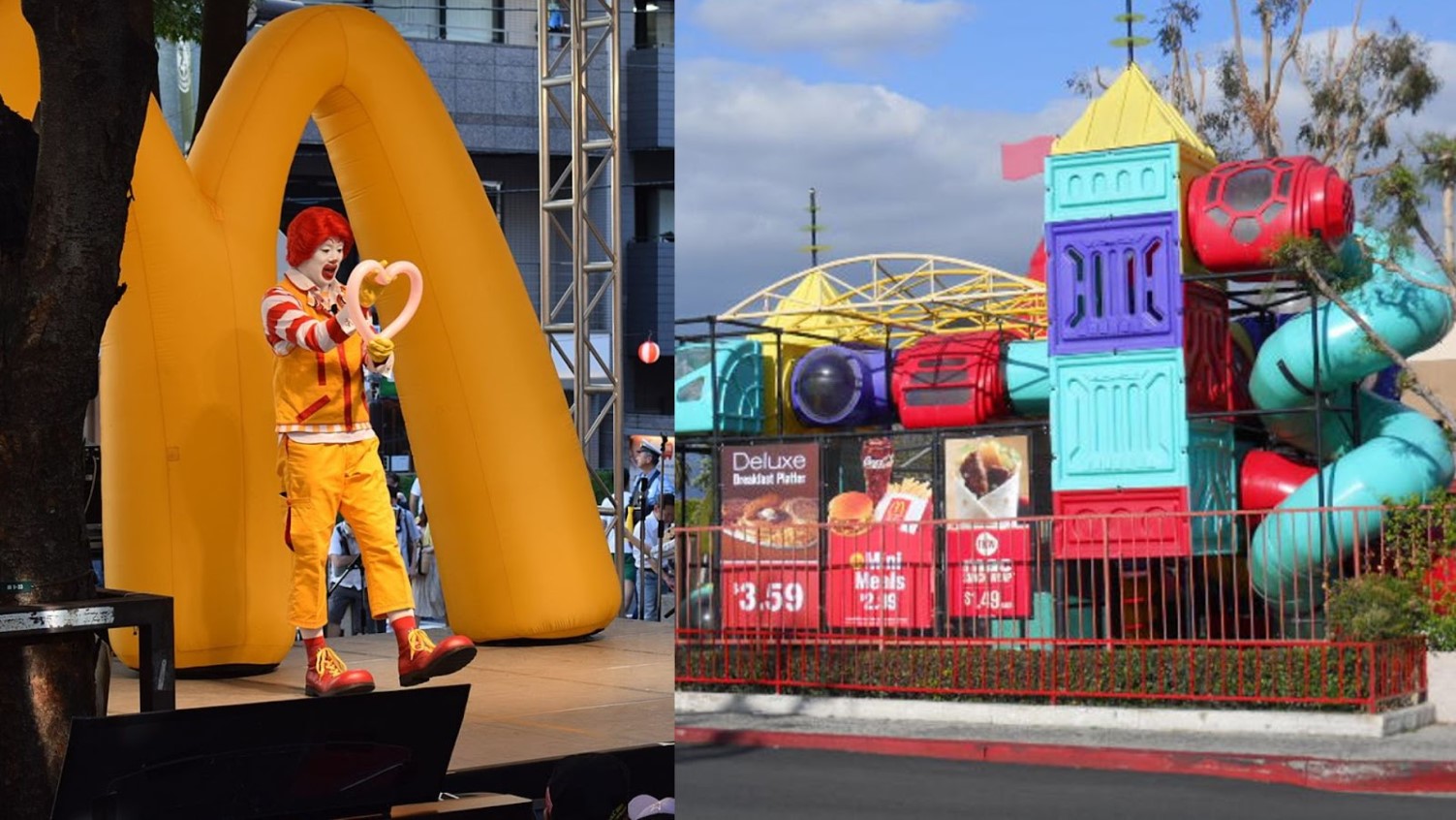
Source: Wikimedia
Businesses are forced to adapt, often resulting in job losses and higher prices for consumers. These adjustments highlight the need for sustainable business practices amid a changing economic landscape.
Future of Fast Casual Dining
As the fast-casual dining sector navigates these challenges, the future remains uncertain. Businesses must find a balance between fair wages and sustainable operations.
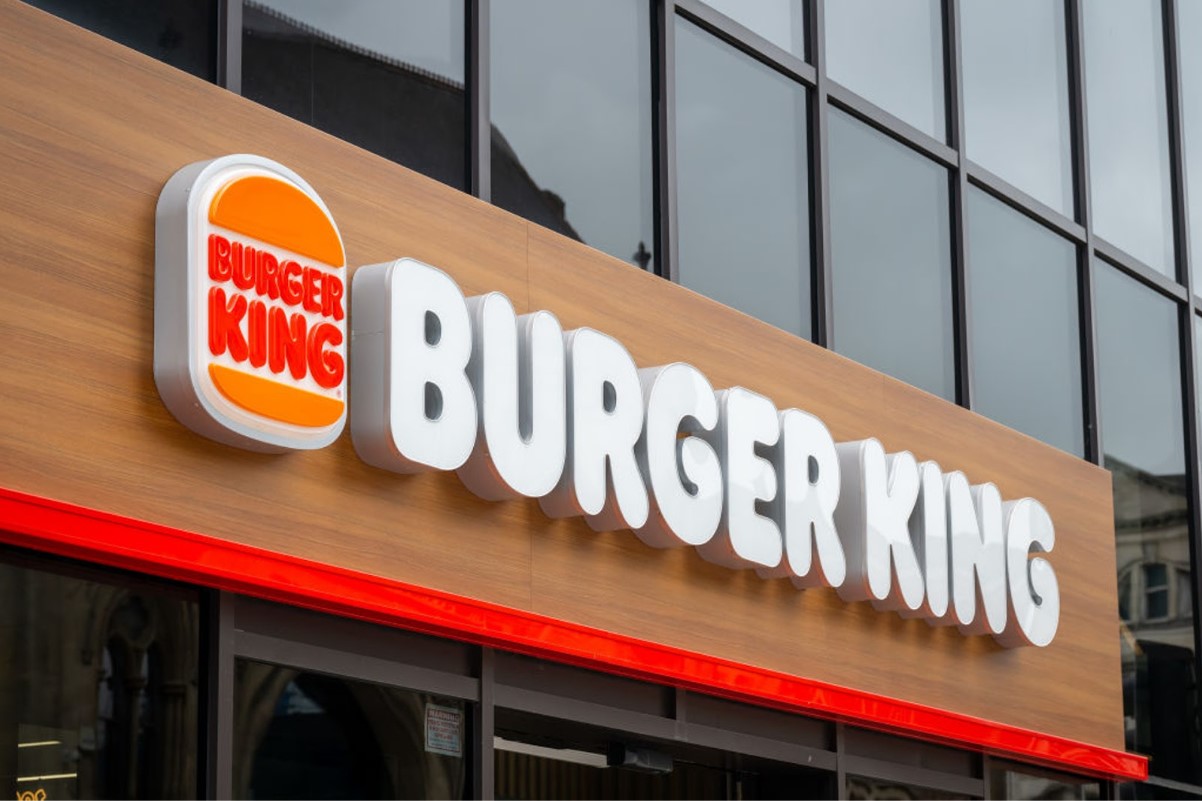
Source: Matthew Horwood/Getty Images
The industry’s ability to adapt to high-cost environments like California will determine its long-term viability and the impact on workers and customers.
Hard Decisions
Rubio’s Coastal Grill’s decision to close 48 locations reflects the ongoing struggle for fast-casual restaurants in California. Rising labor costs and regulatory changes are forcing tough decisions to ensure long-term success.
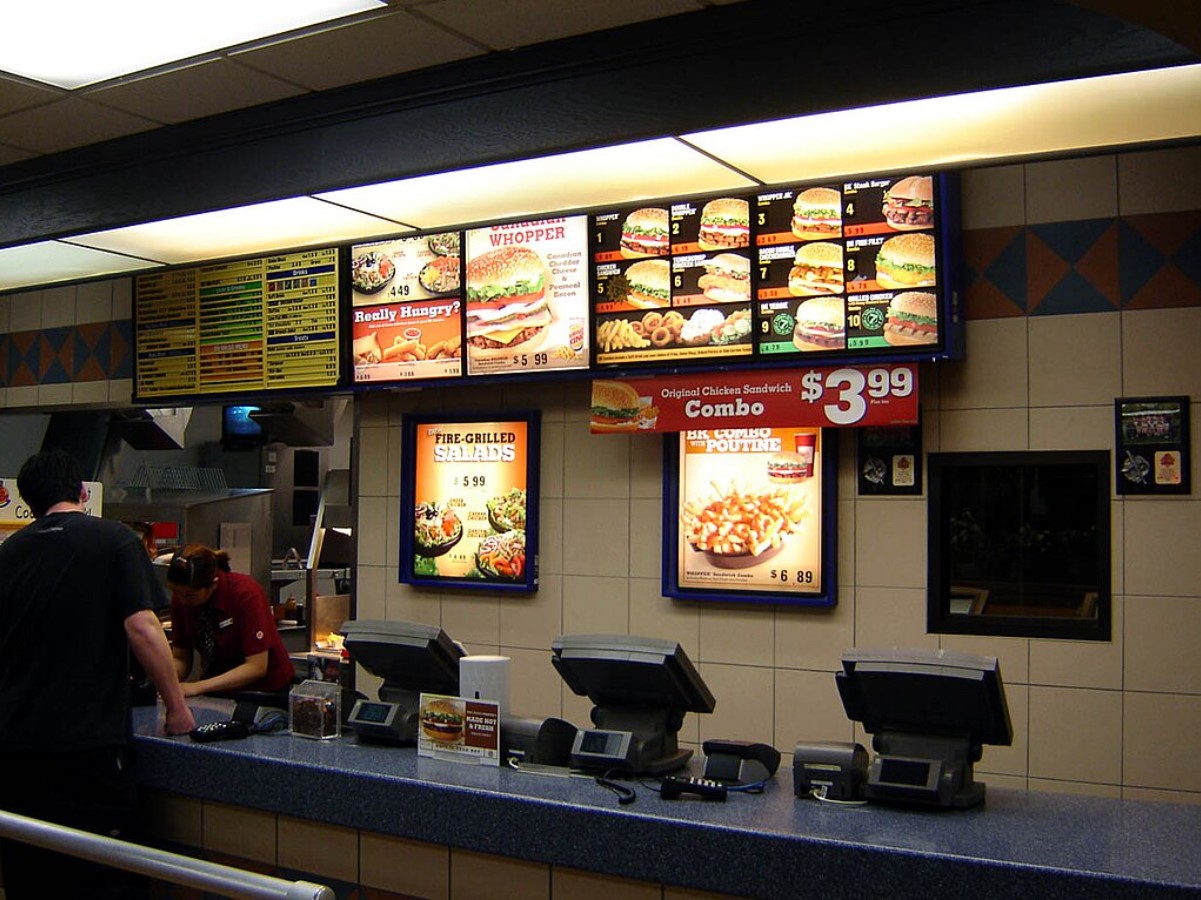
Source: Wikimedia
This trend impacts not only businesses but also employees and consumers, shedding light on the complex dynamics at play in the industry.
